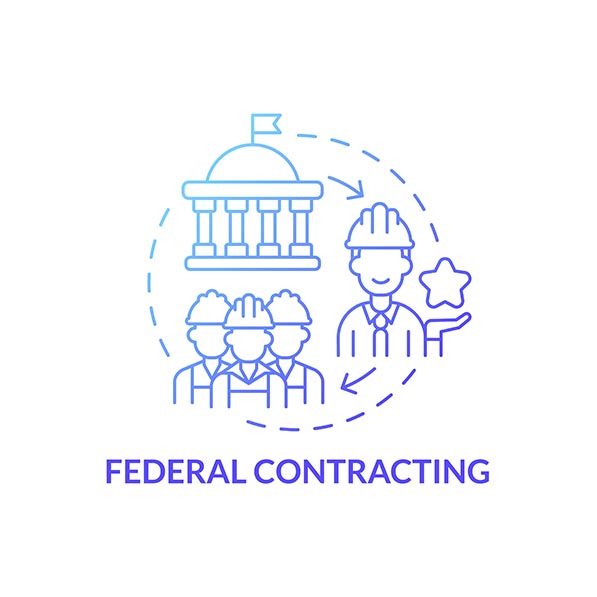On November 5, 2024, the Ninth Circuit Court of Appeals ruled that the federal contractor minimum wage mandate, issued under Executive Order 14026, exceeded the authority granted to the President and the U.S. Department of Labor (DOL). This decision creates a circuit split among federal courts, which may prompt the U.S. Supreme Court to take up the issue.
The court’s decision only impacts federal contractors with contracts covered by EO 14026, which are those entered into on or after January 30, 2022, or that are renewed or extended on or after that date.
What is Executive Order 14026?
In 2021, President Biden issued Executive Order 14026, which directs federal agencies to include a clause in federal contracts requiring contractors to pay employees a $15 per hour minimum wage and, subsequently, increasing the minimum wage annually (currently set to increase to $17.75 per hour in 2025). After notice and comment, the DOL issued regulations implementing the order..
In 2014, President Obama issued a similar order, Executive Order 13658, which established a $10.10 per hour federal contractor minimum wage with annual increases. This order applied to contracts entered into, renewed or extended during the period between January 1, 2015, through January 29, 2022.
Both of these orders were purportedly issued under the authority of the Federal Property and Administrative Services Act of 1949 (FPASA), which Congress enacted to, according to FPASA Section 101, “provide the Federal Government with an economical and efficient system for …[p]rocuring and supplying property and nonpersonal services, and performing related functions including contracting.”
The Act further provides in Section 121 that the “President may prescribe policies and directives that the President considers necessary to carry out this subtitle. The policies must be consistent with this subtitle.”
Legal Challenge
Arizona, Nebraska, Idaho, Indiana and South Carolina challenged the minimum wage mandate immediately after it took effect, arguing that, among other things, the mandate violated the FPASA, exceeding the authority granted by the law.
The federal government argued that Sections 101 and 121 together provide the authority to issue the minimum wage mandate, and the federal district court agreed, denying a preliminary injunction and granting the federal government’s motion to dismiss the claim.
The Ninth Circuit, however, in a split decision, reversed the district court’s ruling. The Ninth Circuit concluded that Section 121 doesn’t authorize the President to carry out “any actions he deems necessary to accomplish the purposes of the FPASA.” Instead, the law authorizes the President to carry out only the “operative provisions” of the law. It cited and agreed with a Sixth Circuit opinion noting statements of purpose, such as Section 101, are not operative and “cannot confer freestanding powers upon the President unbacked by operative language elsewhere in the statute.” It further concluded that no operative FPASA provision authorizes the President to issue a minimum wage mandate for federal contractors. Ultimately, the court reversed the district court’s order granting the motion to dismiss as well as the order denying a preliminary injunction and then remanded the case for further proceedings.
This decision conflicts with a recent Tenth Circuit decision that ruled the President did have authority under the FPASA to order a minimum wage mandate. A petition for certiorari is pending before the U.S. Supreme Court in that case. The split between the Ninth and Tenth Circuits may prompt the U.S. Supreme Court to take up the case and resolve the issue.
In the meantime, federal contractors should consult with the legal counsel to ensure they are paying appropriate wages, including monitoring the state and scope of any injunctions issued by the courts and subsequent developments on appeal. CalChamber will continue to monitor the issue and provide updates as circumstances develop.
James W. Ward, J.D., Employment Law Subject Matter Expert/Legal Writer and Editor, CalChamber
CalChamber members can read more about Wage and Hour Requirements for Specific Industries, including government contractors, in the HR Library. Not a member? See how CalChamber can help you.
